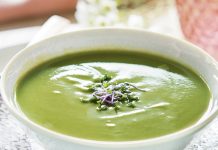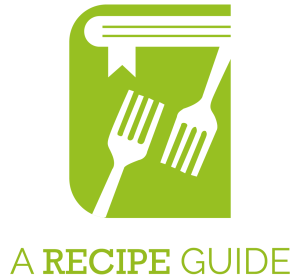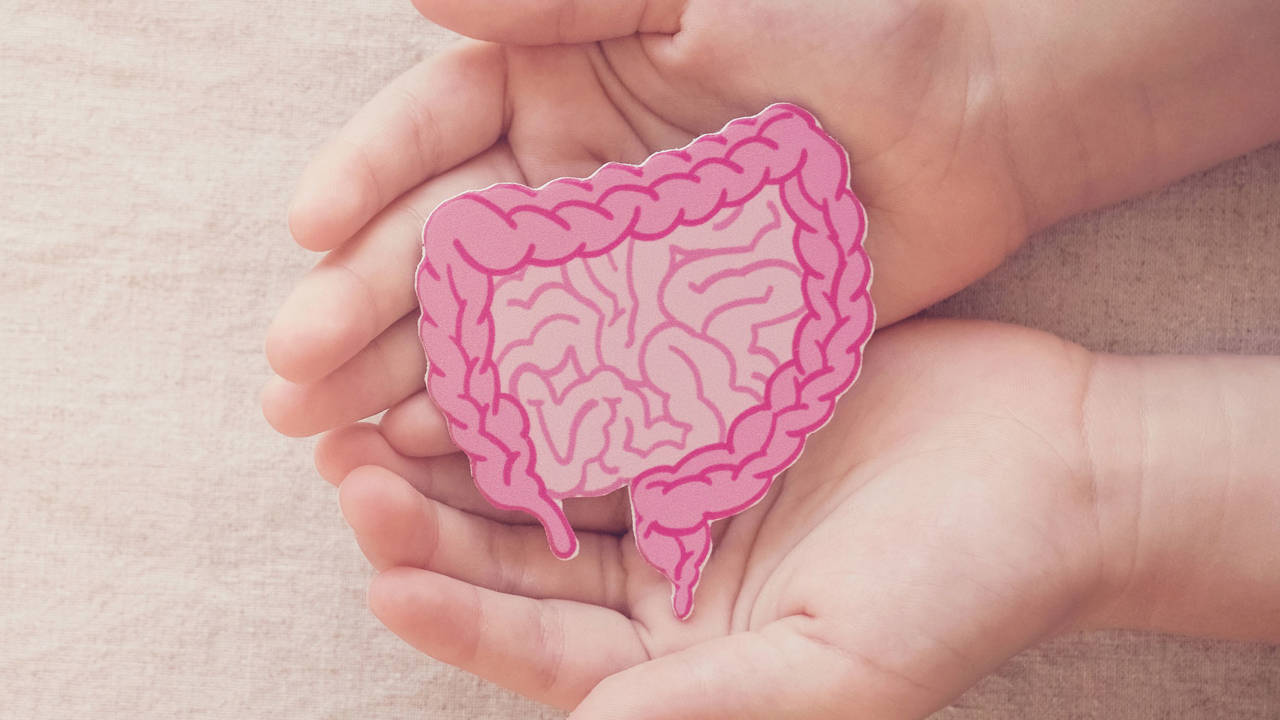Collagen does much more than keep the skin smooth. It is the most abundant protein in the body and, if we do not want to consume its usual sources, we can help the body produce it.

- What is collagen?
- Collagen: what it’s for
- Foods with collagen
- Hydrolyzed or marine collagen: what is it and why is it not suitable for vegans?
- Dangers of collagen
When hearing the word collagen, many people immediately think of youthful, wrinkle-free skin. And it is that collagen is so present in the marketing of cosmetics that it seems that its only function is that we look smooth and soft skin. But, while it is true that it is key to skin health, it also has many other interesting and more unknown functions that should be known.
WHAT IS COLLAGEN?
Collagen is the most abundant protein in our body, where it represents 25% of the total protein content.
It is the main structural component of our skin, muscles, cartilage, bones, tendons, ligaments and other connective tissues and is also found in our organs, blood vessels and in the lining of the intestine.
Collagen is made up of amino acids linked together to form flexible and very resistant fibers. In our body there are 28 different types of collagens, depending on its structure and function, and the most abundant is type I (90% of the total collagen in our body), which is part of tissues such as skin, tendons, bones, intervertebral discs, teeth and cornea of the eye.
COLLAGEN: WHAT IT’S FOR
The word collagen comes from the Greek kola, which means glue, something that has a lot to do with the main function of collagen in our body: to give structural support and consistency to the body.
Also, among other functions:
- Provides strength and elasticity to the skin.
- It gives strength and traction and compression capacity to ligaments, tendons and muscles.
- It helps the growth of new cells.
- It plays a role in replacing dead skin cells.
- It provides a protective covering to the internal organs.
- Helps regenerate gums.
- Help the blood to clot.
- As we get older, our body finds it more difficult to produce collagen and the collagen we have begins to degrade. In addition, some habits can accelerate the deterioration of the collagen we have in the body, such as excessive exposure to the sun or pollution, smoking, alcohol consumption or lack of sleep or exercise.
- That is why we may need an extra contribution, ideally through the consumption of foods that promote the production of collagen. Some people opt for supplements, although there is some discrepancy about their usefulness.
FOODS WITH COLLAGEN
Collagen is an animal protein and, therefore, we can only find it in foods of animal origin, in parts such as skin, bones and tendons.
However, to form collagen our body combines amino acids, nutrients that we also obtain from protein-rich foods found in vegetables such as legumes, nuts, cereals or seeds.
On the other hand, for the correct synthesis and absorption of collagen, other substances are necessary:
- Vitamin C: we find it in citrus fruits, peppers, green leafy vegetables such as broccoli or kale…
- Zinc: in tofu, brewer’s yeast, cocoa…
- Copper: in plums, raisins, nuts…
HYDROLYZED OR MARINE COLLAGEN: WHAT IS IT AND WHY IS IT NOT SUITABLE FOR VEGANS?
Hydrolyzed collagen is a type of collagen supplement whose molecules have been partially broken down to facilitate digestion and absorption in the intestine. This type of collagen comes from animal sources, so it is not suitable for vegans. The same goes for marine collagen, which is derived from fish.
There are “plant-based” collagen supplements on the market that are made from plant sources and, although they do not actually contain collagen, they provide amino acids and other essential substances for the body to produce collagen naturally.
On the other hand, supplements are beginning to be developed from genetically modified yeasts and bacteria that could be considered suitable for vegans, although it is still a new technique.
DANGERS OF COLLAGEN
In general, collagen supplements are considered safe, but it is advisable to make sure of the ingredients they contain to avoid allergies.
As with any type of supplement, before taking it it is advisable to consult a specialist to see if it is suitable in your case, especially if you have any health problems, are taking medications or are pregnant or breastfeeding.








